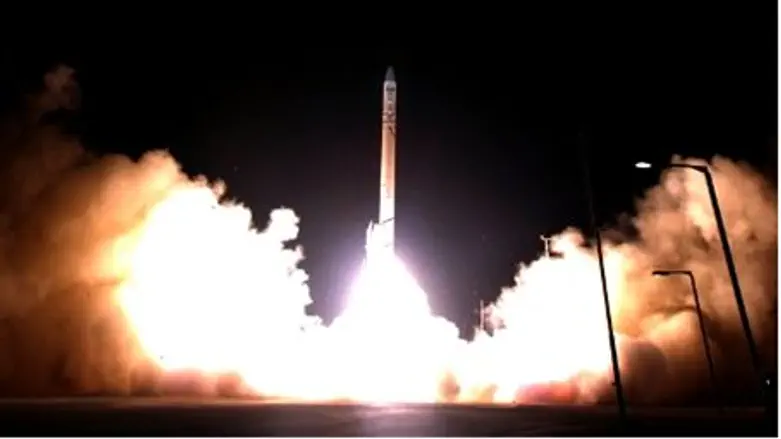
An anonymous $1 million gift to Ben Gurion University from a Florida couple will help scientists expand Israel’s space research and security program.
The donation was made to support the picosatellite program of the Homeland Security Institute at Ben-Gurion University of the Negev and will lead to an actual launch of two picosatellites carrying imaging, communication and GPS technologies.
Picosatellites are tiny satellites that weigh between 0.1 and 1 kilogram (0.22 to 2.2 lb.).
The university project is part of the government’s effort to increase Israel's access to space and boost its "eyes in the sky." The research will include the design and production of the satellites and the development of the new technologies to be carried by them.
It also will cover factors surrounding their launch and their role in space and in the defense of Israel, as well as improving the Israel homeland security industry's growing international market.
"BGU's Homeland Security Institute…is researching and developing technologies to protect Israel from attacks originating on land, at sea or from the sky," explains Doron Krakow, executive vice president of American Associates, Ben-Gurion University of the Negev (AABGU).
In addition to satellite development, innovative research is being conducted at the Institute to safeguard Israel's "virtual environment" with a focus on cybersecurity and telecommunications.
Other applications being developed include driverless jeeps that patrol borders, small helicopters equipped with imaging equipment that can take off from and land on a moving vehicle, robots for search and rescue missions, and high-resolution scanning and sensing technologies that make it easier to identify targets.
The Institute also provides trauma training and disaster simulation programs, as well as disaster response workshops.
